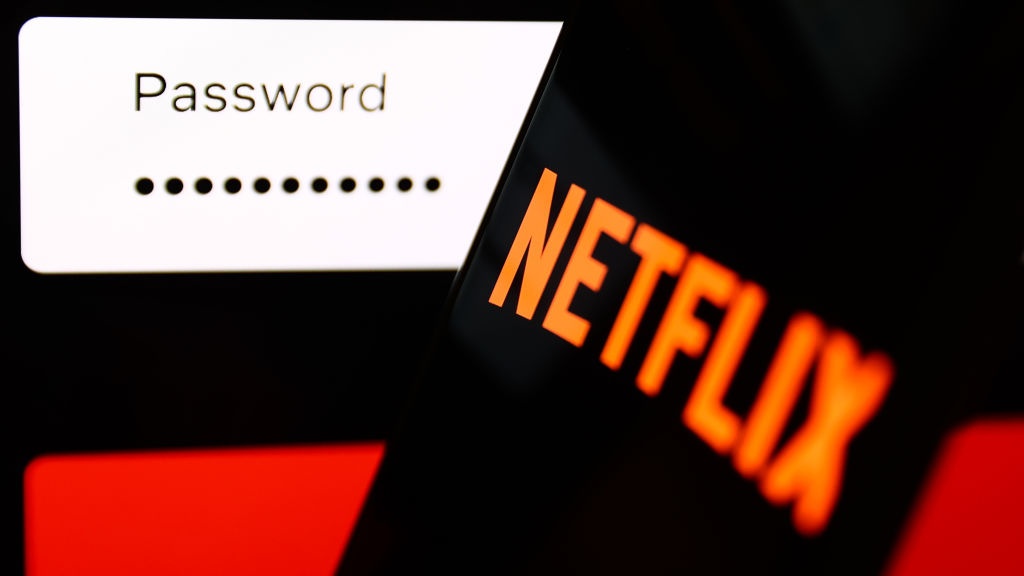
Netflix began sending out emails on Tuesday, April 30, to UK and Canadian subscribers indicating that it will no longer offer its Basic streaming tier, which gave users an ad-free watching experience for $11.99 (£7.99/CA$9.99) a month.
Netflix revealed these plans in its Q4 2023 earnings report, where the company claimed "we’re looking to retire our Basic plan in some of our ads countries, starting with Canada and the UK in Q2 and taking it from there."
Its "ad countries" currently include Australia, Brazil, Canada, France, Germany, Italy, Japan, Korea, Mexico, Spain, the UK and the US. If you're in one of these countries, while we don't have an exact date yet, these same plan changes are likely in your near future.
This comes after a year of the company gradually phasing its ad-free Basic tier out. In June 2023, Netflix removed the option for new Canadian subscribers, and a couple of months later, this change moved to US and UK subscribers too.
The company also increased the price of its Basic plan from $9.99 to $11.99 last October in the US and UK, so there were quite a few signs of Netflix's displeasure with it.
Now, it's set to be phased out for UK/Canada subscribers from June 4 onwards. Users on the plan will be automatically forced onto Standard with ads as explained in the email. If you don't want ads, you will have to upgrade to the £10.99 Standard subscription tier ($15.49 in the US).
To some, it's no surprise that Netflix is making these changes to support its growing enterprise. Others feel burnt by the repeated price increases and massive changes in services, but when did this all start?
Why Netflix subscribers feel burnt
While Netflix started as a DVD rental service, its popularity skyrocketed when it adopted streaming, featuring a wide selection of content licensed from the biggest channels and film production companies in the world.
Now that streaming has notoriously become a free-for-all, with virtually every media company building its own service to deliver content, Netflix has had to rely on its own original productions. Netflix originals require tons of money, with Forbes reporting that both parts of Rebel Moon cost around $166 million.
As Netflix put it in its Q4 2023 earnings report, it will "occasionally ask our members to pay a little extra" as they "invest in and improve Netflix." As a result, Netflix significantly increased subscription costs in January 2022, with its Basic tier going from $8.99 to $9.99, Standard tier upping from $13.99 to $15.49, and the Premium tier increasing from $17.99 to $19.99.
In Netflix's 2022 Q1 earnings report, the company lost 200,000 subscribers compared to Q4 2021, with expectations that it would get worse, predicting a loss of 2 million subscribers by Q2 2022 compared to Q2 2021's 1.5 million subscriber gain. The company acknowledged that this was "largely a result of our price change," but still suggests that it was "in-line with our expectations and is significantly revenue positive."
Great, so we either have to sit through ads every so often, or pay twice as much to get the Standard/Basic experience that we already do now (albeit only for another few weeks)? Nah, I think I'll pass, Netflix. Cheers, though... pic.twitter.com/2zIo77Oz4lApril 30, 2024
It's believed that this is why the most affordable Standard with ads tier for $6.99 launched, as it gives users a more affordable way to enjoy Netflix's content without having to spend more than $10. It also gives Netflix another revenue stream from those customers, which depending on their watching habits more than accounts for the price gap between their subscription and the ad-free plan.
But for subscribers who've been a part of Netflix since the beginning, it's easy to feel overwhelmed by its price. Netflix streaming began in 2011 at $7.99 for its Standard tier, and even when new tiers were introduced, Basic ($7.99), Standard ($8.99), and Premium ($11.99), they all remained relatively low-cost. Comparatively, Standard now costs $15.49 and Premium is $22.99.
Now that Basic is being phased out altogether, effectively removing many subscriber's last bastion of ad-free affordability on the service, Netflix may face a similar situation as it did in 2022. Price changes and removal lost services could translate into lost subscribers.







